Does the Japanese economy still have a chance?
Will this country really fall into a developing country?
In fact, the current Japan looks very dangerous, but it has a glimmer of hope by being cornered and fighting back.
The next five years may be the opportunity for Japan's recovery, but they must seize a major historical opportunity.
In the past two months, the Bank of Japan was desperately trying to save the yen exchange rate, selling hundreds of billions of dollars in U.S. debt under tremendous pressure to save the yen.
Who could have thought that just two months later, the yen would magically come back on its own.
On September 11th local time, the yen to U.S. dollar exchange rate in the Tokyo foreign exchange market once rose to 140.7 yen per U.S. dollar, reaching a high value since December of last year.
Just two months ago, at the beginning of July, the yen had tragically broken through 162, and in just two months, it violently rose by 14%.
Which currency in the world has such a pattern as the yen?
The sharp drop in the yen a few months ago was caused by the Americans, and the recent surge in the yen is also related to the U.S., to put it bluntly, it is directly related to the crazy U.S. dollar.
Simply put, there are two things.
First, the expectation of U.S. dollar interest rate cuts led to the devaluation of the U.S. dollar and the appreciation of the yen; second, the Bank of Japan raised interest rates, and desperately sold U.S. debt to save the market, which finally worked.
Under the combined effect of the above two factors, the yen appreciated rapidly in the short term.
This has led to two consequences.
First, international short sellers fled from the yen exchange market; second, the yen has seen the largest arbitrage liquidation in history.
These two consequences have further driven the appreciation of the yen, and ultimately, the yen has created a miracle of appreciation in a short period of time.
Some experts believe that this yen arbitrage liquidation has caused very serious damage to the U.S. and Japanese stock markets, as well as the U.S. dollar itself, which is a de facto backstab.
Experts believe that the essence of yen arbitrage liquidation is a major settlement of the endless greed and bloodsucking of U.S. capital over the years, and many people who have robbed money from Japan for several years have given it back this time.
Therefore, the market has its own rules, and there is always a price to pay.
Many of us may never see such a thrilling drama in Japan in our lifetime, and there will be more exciting things to come.
Perhaps many years later, people will find that the Japanese economy is actually a very classic case of economics.
Over the years, we have seen Japan from economic prosperity and strong industry to the lost 20 years or even 30 years, and then repeatedly ravaged in the past two years, and then the sharp drop in the yen in 2024, imported inflation, yen arbitrage liquidation counter-killing the U.S. dollar, the collapse of the Japanese stock market, etc.
Which country's economy can fluctuate so much in just a few decades?
The world probably only has Japan.
What is the reason?
The Japanese are very clear, and many outsiders are also very clear, the fundamental reason is that Japan is not a fully sovereign country, from finance to the economy, it is deeply controlled by the U.S. and tightly bound with the U.S.
Therefore, the Japanese economy and finance have become a blood-sucking platform and money-making tool for the U.S. in Asia.
When the U.S. needs it, it supports Japan, and when Japan is good, it is suppressed, and in recent years, when the U.S. is not good, it is sucked dry.
So, can the Japanese economy, which has been so severely damaged, still have a chance?
Of course, there is a chance, after all, it is ranked fourth in the world, and the Japanese economy also has a foundation.
The foundation of the Japanese economy, on the one hand, is the accumulation of technology over the years, and on the other hand, it is the largest overseas assets in the world.
Hiding wealth overseas is the most successful strategy of the Japanese economy for many years.
They use the zero interest rate of the yen for many years, and have long-term large-scale capital outflow overseas, investing overseas.
Some people say that they have recreated a Japan.
The negative consequence of doing so is that the domestic economy in Japan is becoming more and more weak, and both production and consumption are becoming weaker and weaker.
Therefore, the only chance for Japan is to attract overseas capital backflow by raising interest rates and industrial policies, and investing in domestic Japan.
If hundreds of billions of dollars in overseas assets return to Japan, the country will be able to live immediately.
Attracting overseas capital backflow to invest in the domestic market is not difficult to achieve, and the arbitrage liquidation mentioned earlier is also a return of funds to Japan.
However, is this enough?
Of course not.
Why not?
Because Japan is an island country, highly dependent on imported raw materials, and the sale of goods also requires a large amount of exports.
Therefore, if you want to revitalize the Japanese economy, you also need to establish a complete and healthy industrial chain and market ecology.
Can Japan do it?
It is obviously impossible for Japan, which is deeply controlled by the U.S.
They did it once in the 1980s, and they were immediately extinguished by the U.S.
So, the biggest opportunity for Japan is that it must change its camp, to put it bluntly, it must break free from the control of the U.S.
The former Prime Minister of Japan, Shinzo Abe, once tried to do it, but unfortunately, he died before he could fulfill his ambition.
The U.S. itself is also in a crisis at present, will this be an opportunity for Japan?
In the final analysis, it still depends on whether we are willing to lend a helping hand under the unprecedented changes in a hundred years.
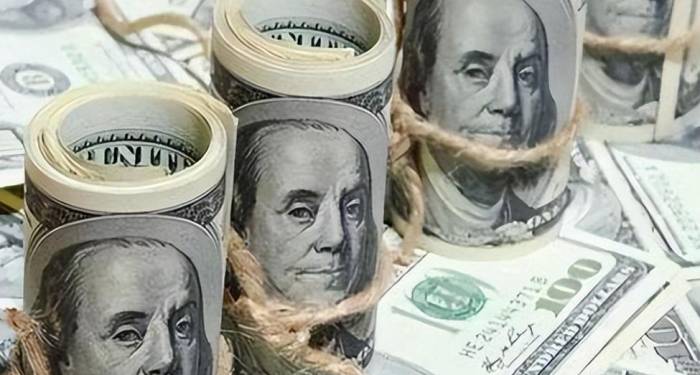
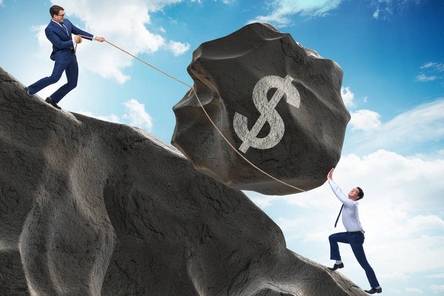
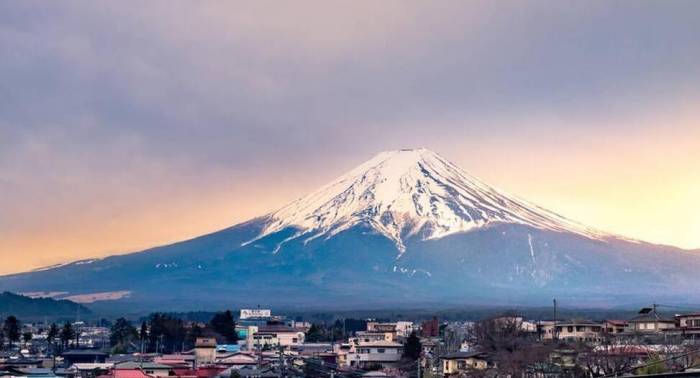
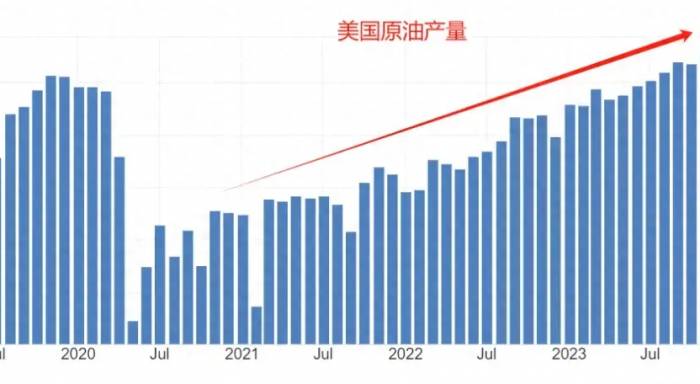

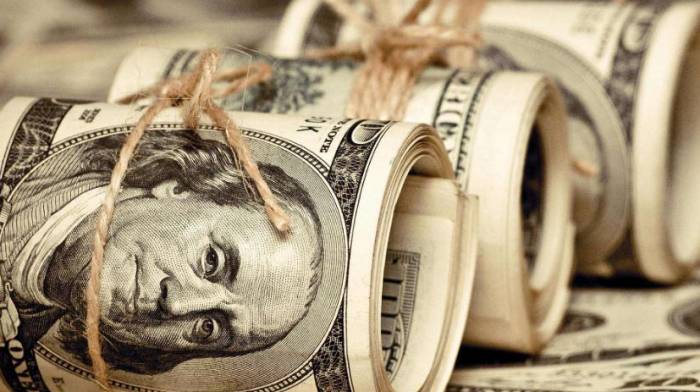
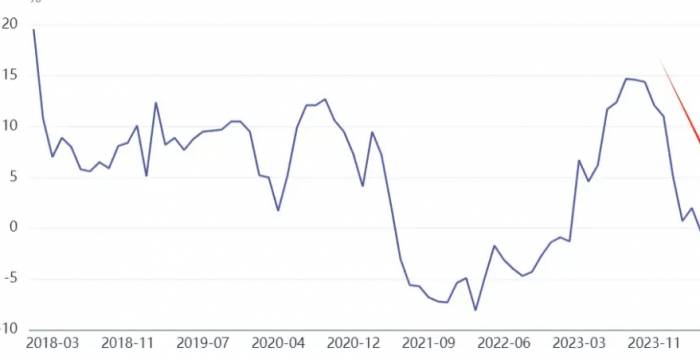


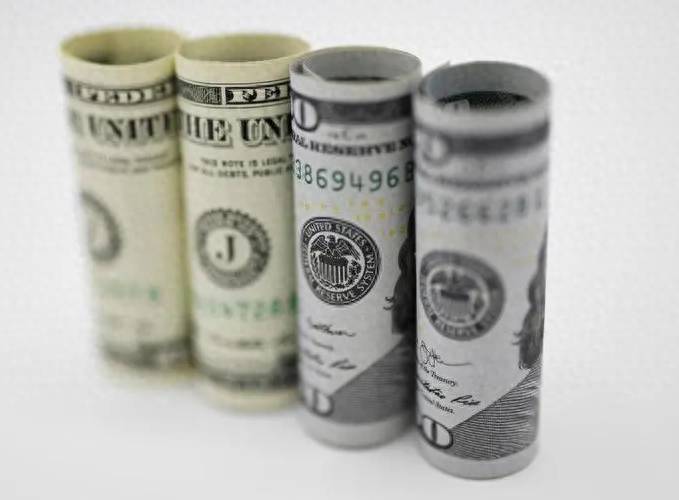
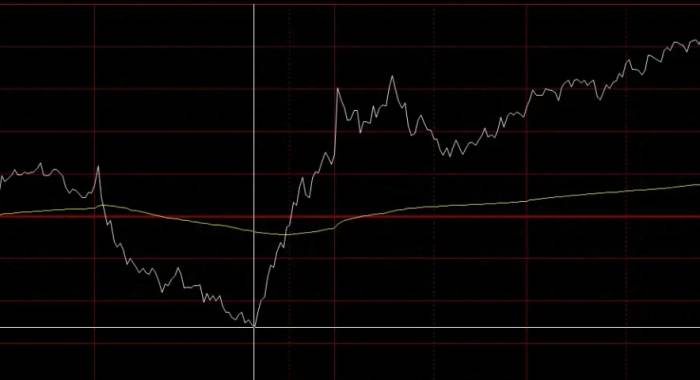
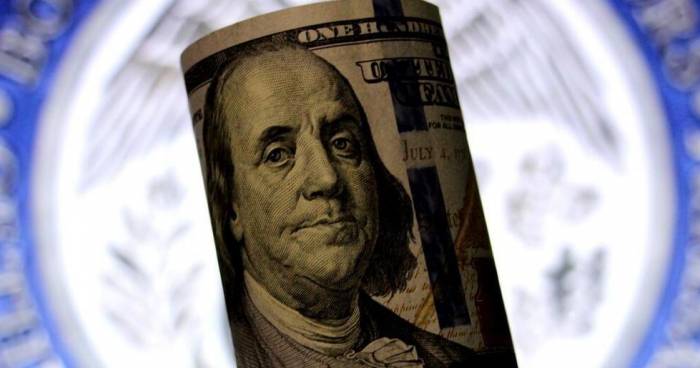
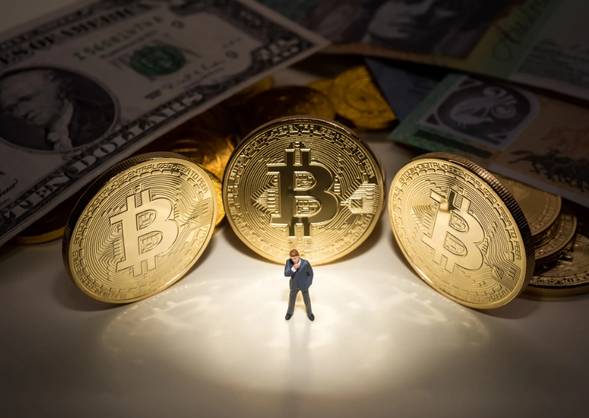

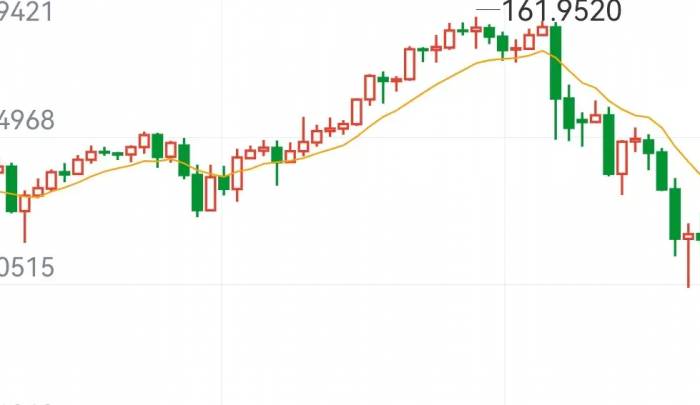
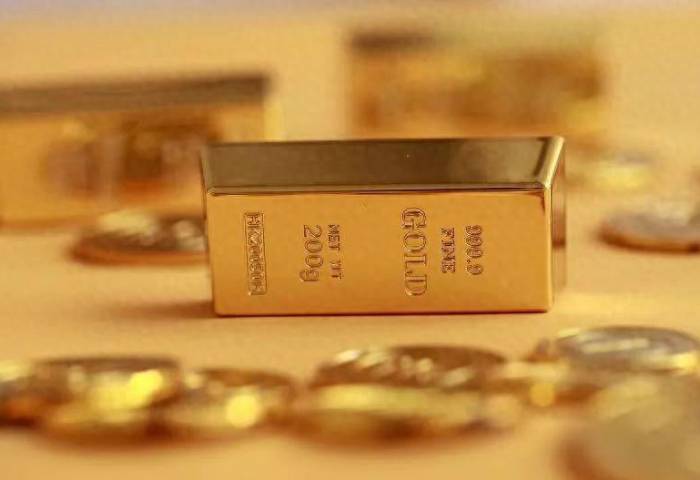

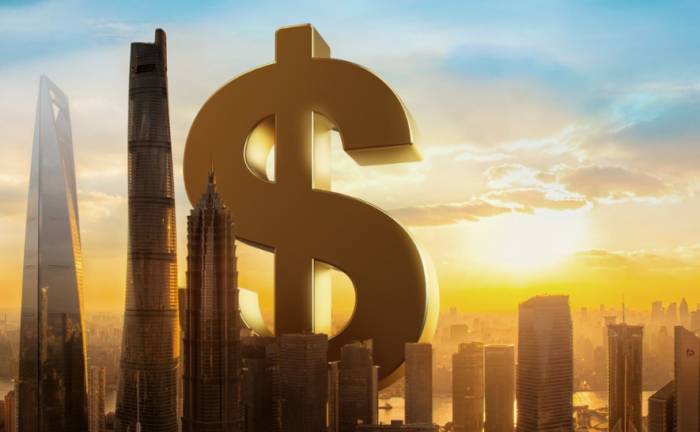
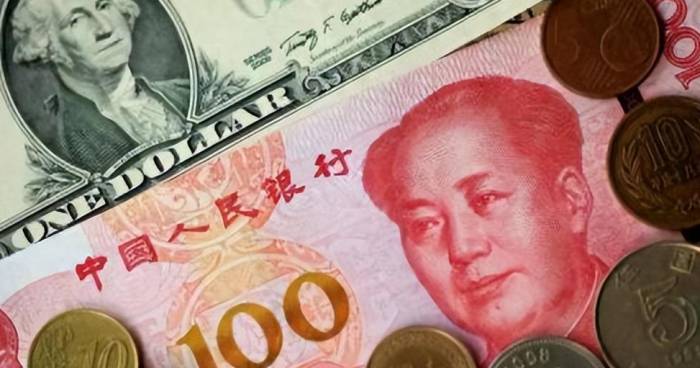
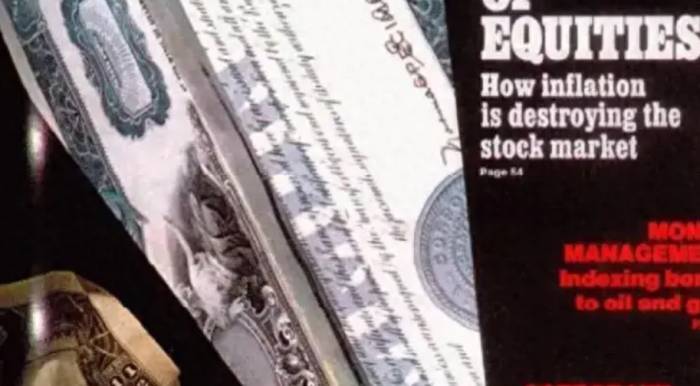
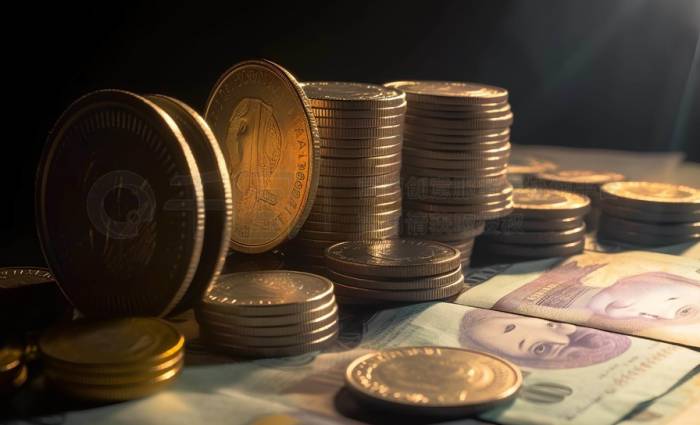
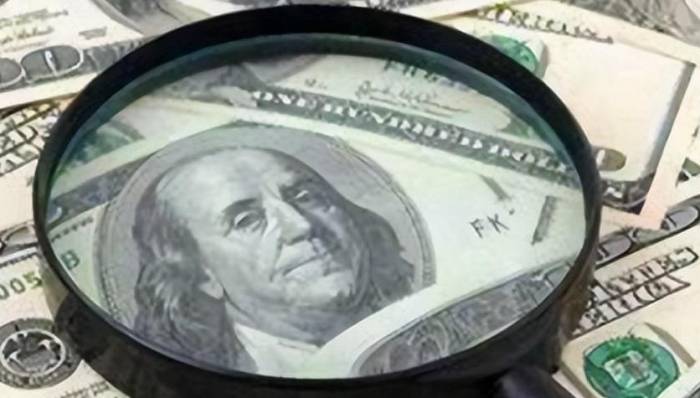
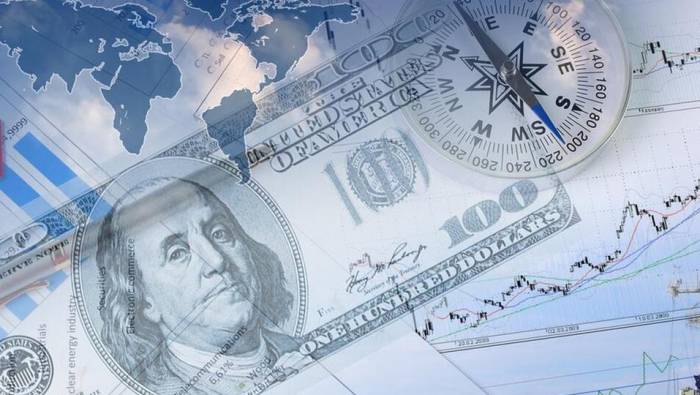
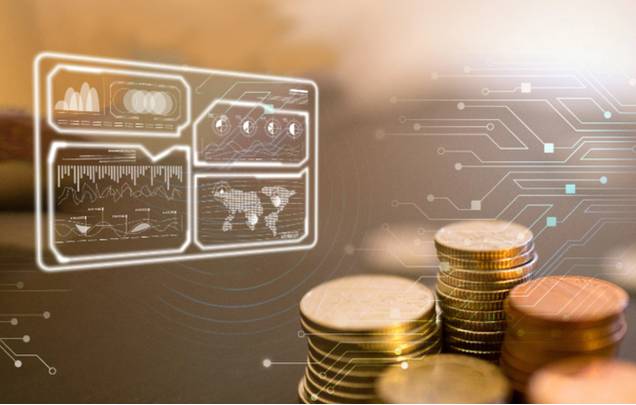
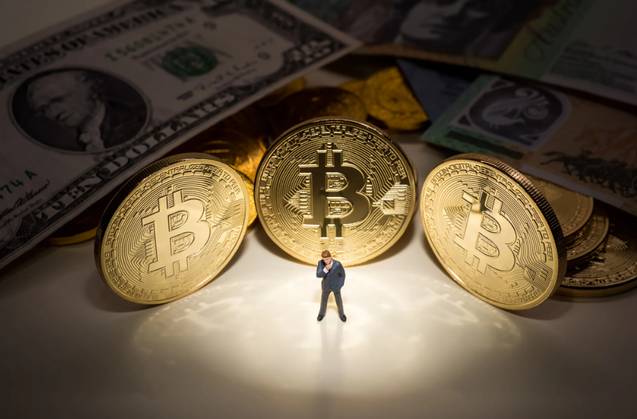

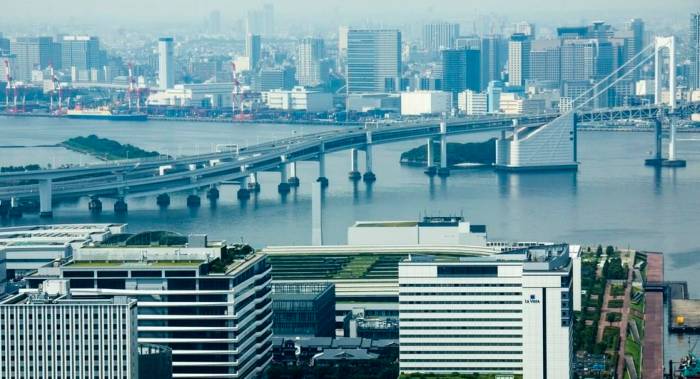
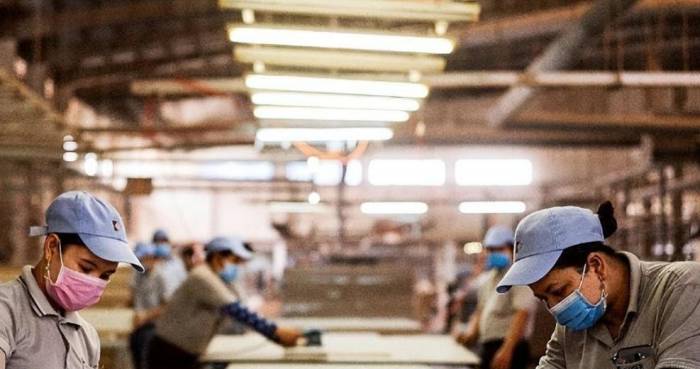
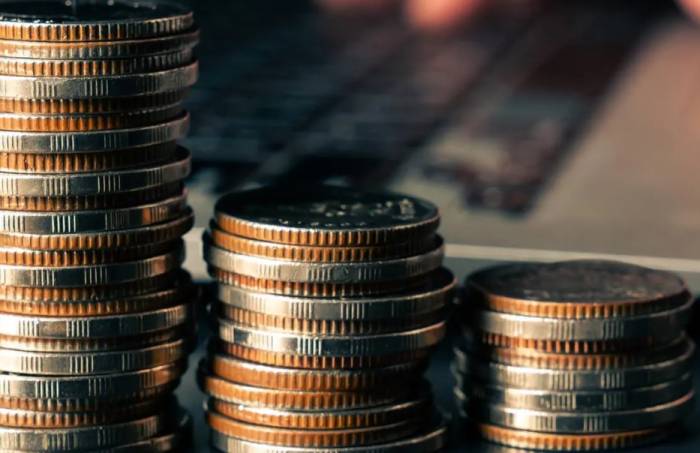

Leave a Comment